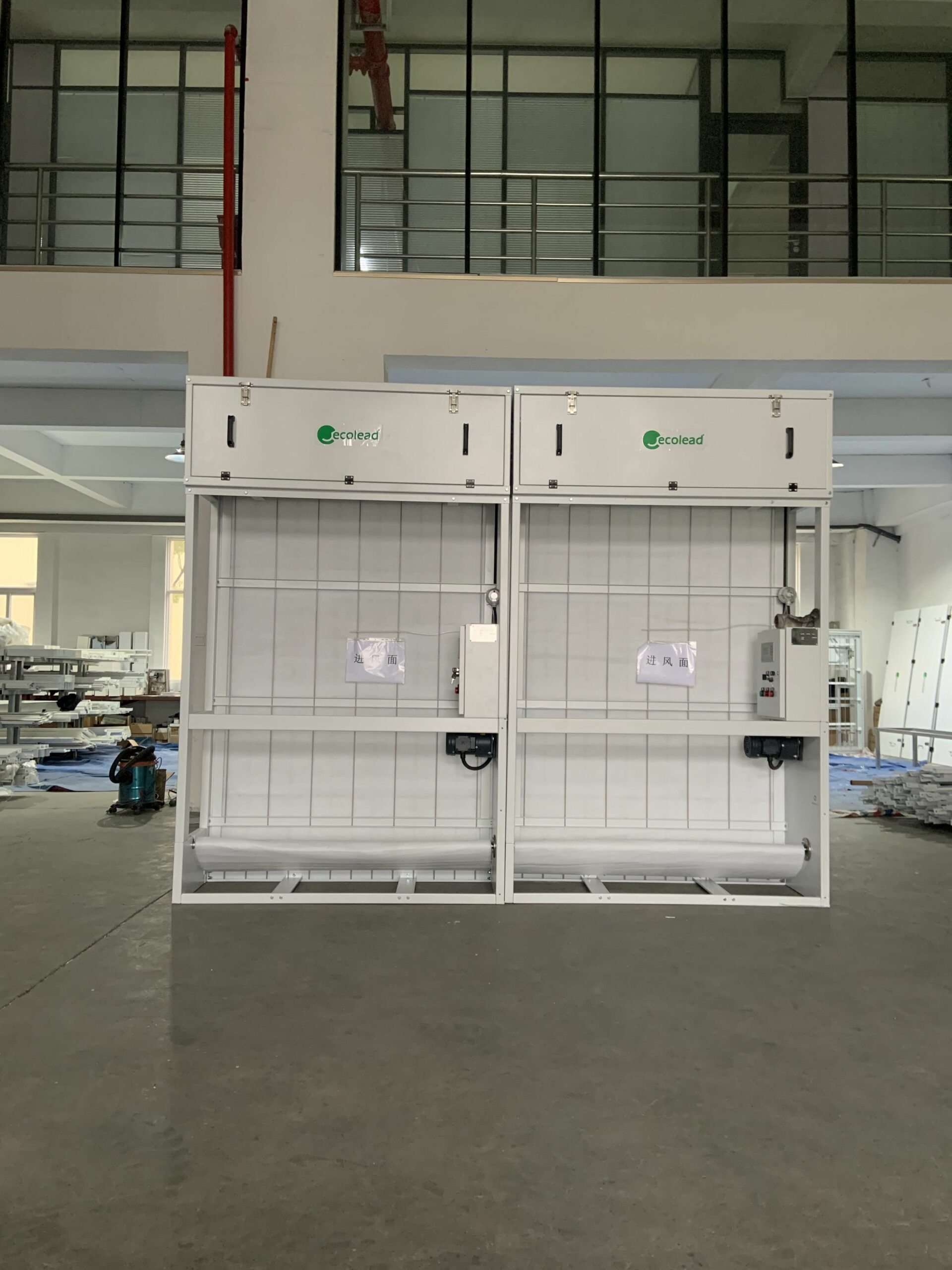Streamlining Production: How Automatic Filters Are Revolutionizing Manufacturing Efficiency

The manufacturing industry is constantly evolving, with companies looking for ways to streamline their production processes and increase efficiency. One innovation that is gaining popularity is the use of automatic filters in manufacturing. In this article, we’ll explore the benefits of using automatic filters and how they can revolutionize the way manufacturers produce products.
The Need for Efficiency in Manufacturing
In today’s competitive market, manufacturers are under pressure to produce high-quality products quickly and efficiently. With the demand for faster and more accurate production, manufacturers are looking for ways to reduce downtime, improve quality, and increase productivity. Manual filtering, while effective, can be time-consuming and prone to human error.
Introducing Automatic Filters
Automatic filters are a game-changer in the manufacturing industry. These filters use sensors and algorithms to detect and remove impurities and contaminants from a production line. They can be used in a variety of industries, including pharmaceuticals, chemicals, and food processing.
Benefits of Automatic Filters
So, what are the benefits of using automatic filters? Here are just a few:
- Increased Efficiency: Automatic filters can work 24/7 without the need for human intervention, increasing production efficiency and reducing downtime.
- Improved Quality: By removing impurities and contaminants from the production line, automatic filters can improve the quality of finished products.
- Reduced Labor Costs: With automatic filters, manufacturers no longer need to hire additional labor to manually filter products.
- Increased Production Capacity: Automatic filters can handle large volumes of products, allowing manufacturers to increase their production capacity and meet growing demand.
- Cost Savings: By reducing the need for manual filtering, manufacturers can save money on labor costs and reduce the risk of product waste.
Real-Life Examples of Automatic Filters in Action
Automatic filters are already being used in various industries to revolutionize manufacturing efficiency. For example:
- In the pharmaceutical industry, automatic filters are used to remove impurities from pharmaceutical ingredients, ensuring high-quality products for patients.
- In the chemical industry, automatic filters are used to remove contaminants from chemical processing lines, improving product quality and reducing the risk of equipment failure.
- In the food processing industry, automatic filters are used to remove debris and contaminants from food products, ensuring a clean and safe supply chain.
Conclusion
In conclusion, automatic filters are revolutionizing manufacturing efficiency by increasing production efficiency, improving quality, reducing labor costs, increasing production capacity, and saving costs. With the ability to remove impurities and contaminants from a production line, automatic filters are an essential innovation for manufacturers looking to stay competitive in today’s market. By adopting automatic filters, manufacturers can streamline their production processes, reduce waste, and improve the overall quality of their products.


